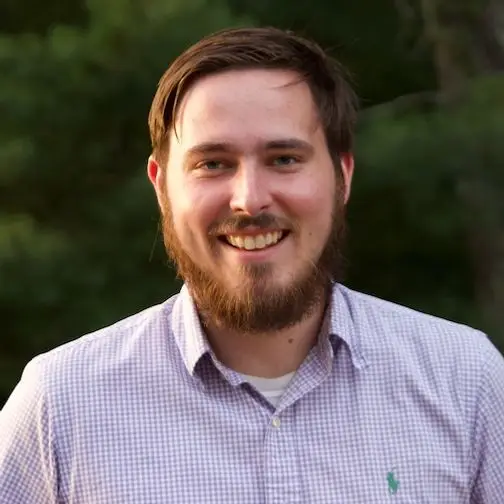Community-Building Requires Skill, Here’s Your Practice Turf

One of my favorite quotes comes from American novelist Kurt Vonnegut:
“What should young people do with their lives today? Many things, obviously. But the most daring thing is to create stable communities in which the terrible disease of loneliness can be cured.”
When I look around our culture today, I see a deep need for stable communities. And I sincerely hope you, reader, have found one.
The hard truth is that stable communities aren’t easy to build in our culture. They require a set of special skills that many young people aren’t actively trained in. Here are just a few of the skills that stable communities require:
- Managing conflict
- Building and maintaining strong relationships
- Active listening
- Clear communication
- Clarifying vision and values
- Appropriate transparency
Obstacles to Stable Community
Furthermore, our cultural context at large doesn’t encourage stable communities.
Our culture is polarized, self-absorbed, and inauthentic. The building blocks of community: trust, values, and commitment, face uprooting in this cultural context.
The future of education in your inbox.
Get productivity tips, commentary, and Unbound updates sent to you!
Stable communities don’t happen accidentally or effortlessly. Like many things in life that are worthwhile, they take time and work. If we don’t actively work to build relationships and community, it just won’t happen.
Plenty of memes these days are glorifying the act of cancelling plans, staying home, and binge-watching Netflix. Of course, quiet nights at home are really important. But I think our culture has over-glorified this isolation.
Young people today are hiding from the complexity of life, from the daunting task of “adulting”. Building a stable community is challenging and far too many are willing to walk away from the challenge.
Why We Need Stable Communities
Community isn’t a nice add-on. It’s a deep human need and an important element of our lives, both individually and as a society. Community is a core element of the order of life. Eberhard Arnold writes “We must live in community because all life created by God exists in a communal order and works toward community.” [Emphasis original]
Vonnegut’s quote also reveals the deep necessity of community. Although seen from a secular angle (a “cure for loneliness”), his words echo a deeply spiritual declaration straight from God himself: it is not good for man to be alone (Genesis 2:18).
Practicing Community-Building
Students emerging into our culture need to know how to build strong relationships and community. Why not learn by practicing in a safe environment?
We designed Ascend by Unbound with this in mind. Ascend students learn core relational skills like coaching, accountability, and collaboration in the context of their Ascend teams of 7-10 other students while their highly trained team leader facilitates.
By practicing these relational skills within a community of their own, students are equipped with the tools to go out and build community throughout the rest of their lives. These skills are foundational. Students are encouraged to practice these skills in their own homes, neighborhoods, and wider communities.
Project-based education is all about learning by doing. When it comes to community-building, Ascend helps students do just that.
Oftentimes, students find the community to be one of the most valuable benefits of their time in the program.
Ascend is really concerned about preparing students for the real world they face, with its ever-changing challenges. Students in the program do this by gaining real experience in fields that interest them, learning fundamental life and leadership skills, and building a community that has their back. Apply today to learn more.




